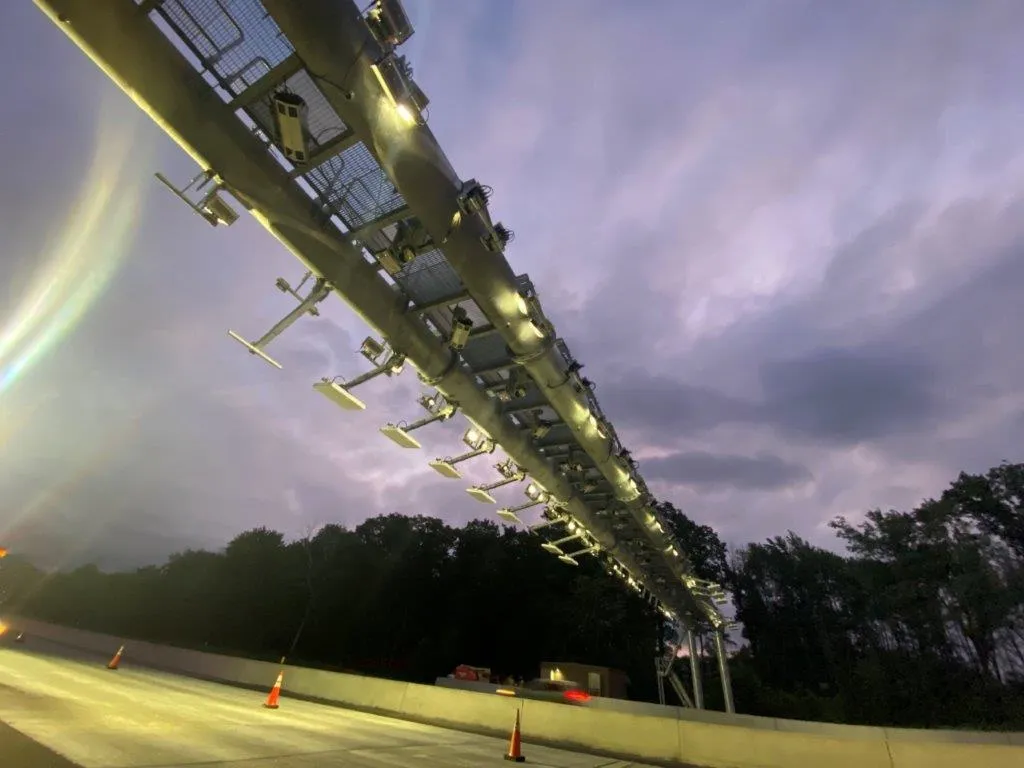The Massachusetts Department of Transportation (MassDOT) has scheduled three public meetings to present all electronic tolling (AET) information and solicit comments from members of the public.
MassDOT proposes to convert and replace the I-90 Western Turnpike and I-90 Boston Metropolitan Highway System interchange-based manual cash and electronic toll collection systems with a new system of tolling relying only on AET. The project will include both roadway tolling infrastructure and toll collection sys
August 20, 2013
Read time: 2 mins
The 7213 Massachusetts Department of Transportation (MassDOT) has scheduled three public meetings to present all electronic tolling (AET) information and solicit comments from members of the public.
MassDOT proposes to convert and replace the I-90 Western Turnpike and I-90 Boston Metropolitan Highway System interchange-based manual cash and electronic toll collection systems with a new system of tolling relying only on AET. The project will include both roadway tolling infrastructure and toll collection system technology.
The plan includes replacing the mixed cash and E-ZPass toll plazas on the Massachusetts Turnpike with ten mainline toll points. The barrier system will also be simplified by ending some ramp plazas and putting all toll equipment on the mainline.
AET will be deployed first in 2014 on the Tobin Bridge, a toll operation that is on a route of its own to the northeast of the city. The pilot will test new AET system (AETS) technologies and business concepts, and provide MassDOT time to gain experience before the system-wide conversion.
Capital cost of the conversion to AET is estimated to cost about US$120m.
MassDOT proposes to convert and replace the I-90 Western Turnpike and I-90 Boston Metropolitan Highway System interchange-based manual cash and electronic toll collection systems with a new system of tolling relying only on AET. The project will include both roadway tolling infrastructure and toll collection system technology.
The plan includes replacing the mixed cash and E-ZPass toll plazas on the Massachusetts Turnpike with ten mainline toll points. The barrier system will also be simplified by ending some ramp plazas and putting all toll equipment on the mainline.
AET will be deployed first in 2014 on the Tobin Bridge, a toll operation that is on a route of its own to the northeast of the city. The pilot will test new AET system (AETS) technologies and business concepts, and provide MassDOT time to gain experience before the system-wide conversion.
Capital cost of the conversion to AET is estimated to cost about US$120m.










